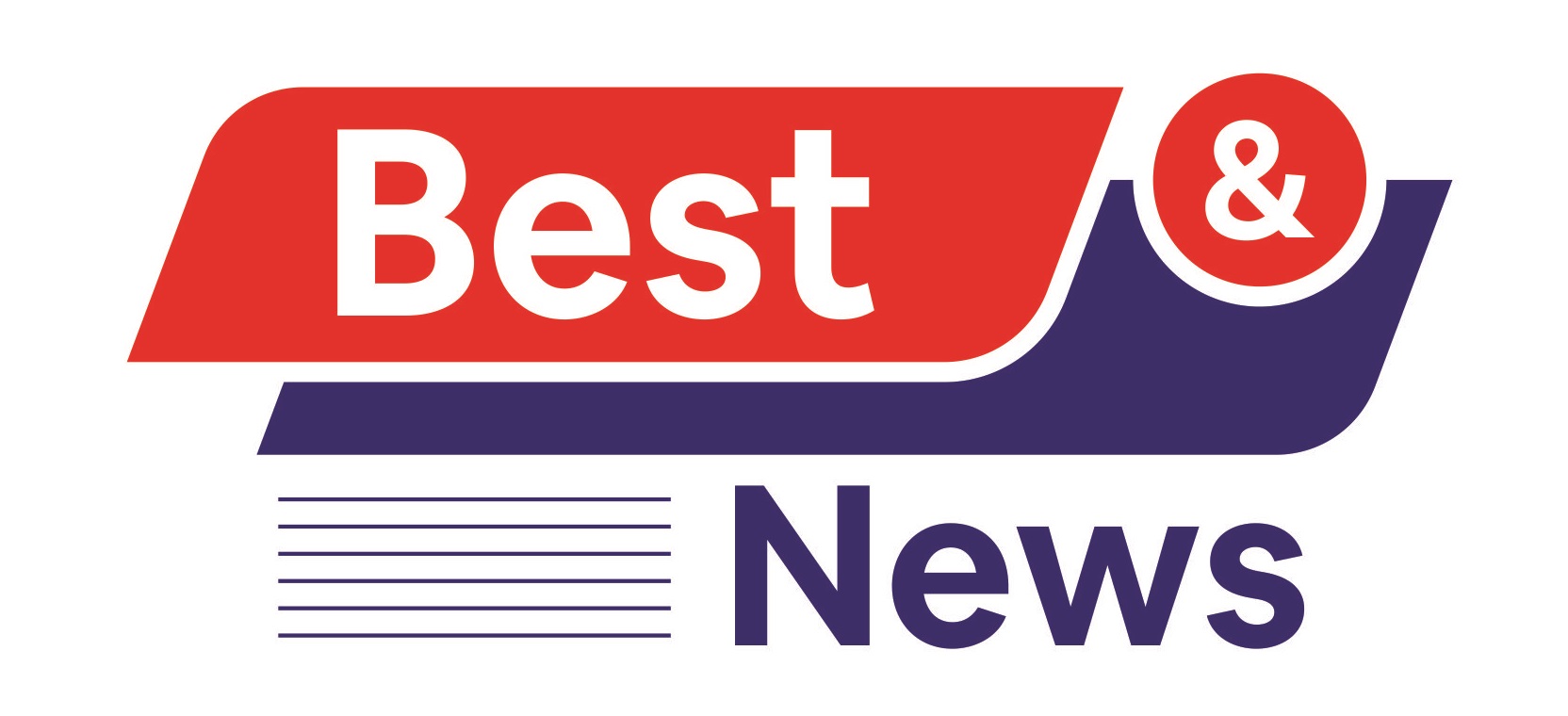Introduction:
In recent years, Nigeria has emerged as a hotbed for cryptocurrency adoption and innovation, fueled by a young, tech-savvy population and a growing interest in digital assets. As a result, the crypto platform market in Nigeria has experienced rapid growth, with a plethora of exchanges and trading platforms vying for market share. This article explores the dynamics of this burgeoning market, highlighting key trends, challenges, and opportunities.
Rise of Crypto Adoption:
Nigeria has witnessed a surge in cryptocurrency adoption, driven by factors such as economic instability, inflation, and a youthful demographic eager to embrace new technologies. According to recent surveys, Nigeria ranks among the top countries globally in terms of cryptocurrency ownership and usage, reflecting the growing appetite for digital assets among its populace. Cryptocurrencies offer Nigerians an alternative store of value and a means to navigate the challenges posed by traditional financial systems.
Proliferation of Crypto Platforms:
The growing demand for cryptocurrency trading has led to the proliferation of crypto platforms in Nigeria, offering a diverse range of services to cater to varying user needs. From established global exchanges like Binance and Luno to homegrown platforms such as Quidax and BuyCoins, Nigerians have access to an array of options for buying, selling, and trading cryptocurrencies. These platforms provide users with user-friendly interfaces, diverse trading pairs, and secure storage solutions, empowering them to participate in the global digital economy.
Innovation and Competition:
Competition among crypto platforms in Nigeria is fierce, driving innovation and the introduction of new features and services. Platforms are continuously enhancing their offerings to attract users, with features such as mobile apps, peer-to-peer trading, staking, and DeFi integrations becoming increasingly common. This competition benefits consumers by providing them with more choices and better services. However, it also underscores the need for platforms to differentiate themselves and stay ahead of the curve in a rapidly evolving market.
Regulatory Landscape:
Despite the growing popularity of cryptocurrencies, Nigeria’s regulatory stance on the industry remains uncertain. While the Central Bank of Nigeria (CBN) has issued warnings about the risks associated with crypto trading and banned financial institutions from providing services to crypto companies, there is no outright ban on cryptocurrency ownership or trading. This regulatory ambiguity poses challenges for crypto platforms operating in the country, leading to concerns about compliance and regulatory risks. Clear and consistent regulations are essential to foster trust and confidence in the cryptocurrency market and ensure its long-term sustainability.
Opportunities for Financial Inclusion:
Cryptocurrency platforms have the potential to promote financial inclusion in Nigeria by providing access to financial services for the unbanked and underbanked population. With traditional banking services often inaccessible or costly, cryptocurrencies offer a viable alternative, allowing individuals to participate in the global economy with just a smartphone and an internet connection. Platforms that prioritize accessibility, affordability, and user education can play a crucial role in bridging the financial inclusion gap and empowering marginalized communities.
Challenges and Risks:
Despite the opportunities presented by the growing crypto platform in Nigeria, there are several challenges and risks to consider. These include regulatory uncertainty, security concerns, lack of investor education, and the prevalence of scams and fraudulent schemes targeting unsuspecting users. Additionally, the volatile nature of cryptocurrency markets poses risks for investors and traders. Addressing these challenges requires collaboration between industry stakeholders, regulators, and policymakers to create a safe and conducive environment for cryptocurrency adoption and innovation.
Conclusion:
The growing crypto platform market in Nigeria reflects the country’s vibrant and dynamic crypto ecosystem, driven by increasing adoption, innovation, and competition. While opportunities abound for financial inclusion and technological advancement, challenges such as regulatory uncertainty and security risks must be navigated carefully.
As the industry continues to evolve, stakeholders must work collaboratively to address these challenges and unlock the full potential of cryptocurrencies to drive socioeconomic development in Nigeria. By fostering innovation, promoting consumer protection, and ensuring regulatory clarity, Nigeria can position itself as a leader in the global cryptocurrency market and harness the transformative power of digital assets for the benefit of its citizens.

